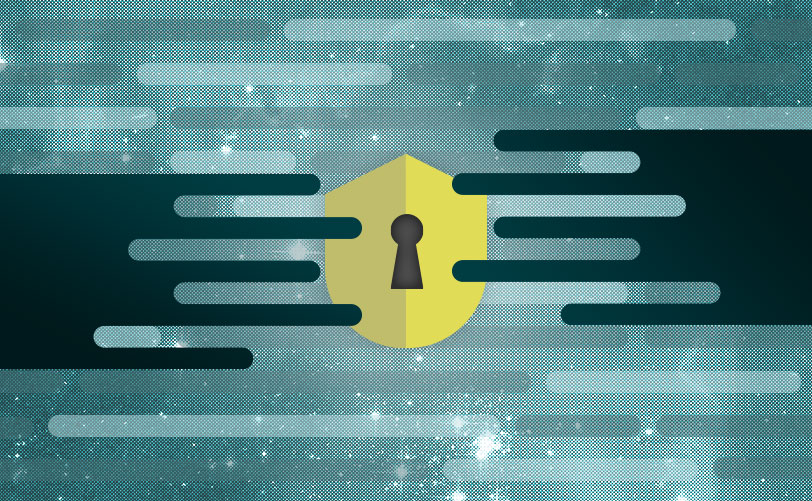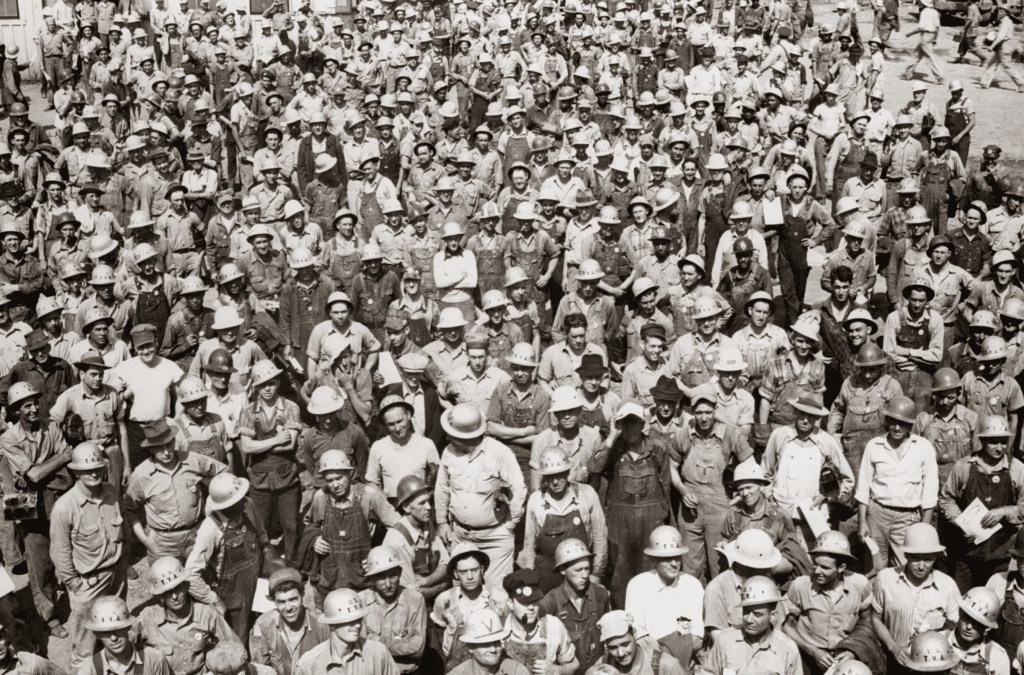
Generations Don’t See Eye to Eye on I Spy

The unauthorized disclosure of National Security Agency surveillance programs by former intelligence analyst Edward Snowden has highlighted interesting disparities in how different generations view security and privacy issues.
“It gets back to how the different generations relate to authority,” says Warren Wright, executive vice president of LifeCourse Associates, a Virginia consulting firm that specializes in generational trends.
Depending on the generation, an authority figure might be a teacher, coach, parent, CEO or, more broadly, the federal government. When the baby boom generation was coming of age, for example, many among them did not trust government.
“They were the ‘Don’t trust anyone over 30 generation,’ and there were a lot of good reasons for that,” Wright says. “Richard Nixon, the president of the United States, was building lists of enemies and spying on his enemies at Democratic National Headquarters in the Watergate, and the government was lying about Vietnam. So the thinking of boomers was ‘do not trust,’ and their relationship with authority was a non-trusting relationship.”
Generation Xers, born between 1961 and 1981, are not so much untrusting of authority as believing that government and other authorities are incompetent, he says.
“Institutions are not evil as much as not functioning, hence the common phrase ‘whatever’ and a lot of rolling eyes,” says Wright, who was born in 1961.
The Millennials, born between 1982 and 2004, “have an entirely different view of authority, and it is actually very positive,” Wright says. Parental involvement in youth increased dramatically in the 1990s, when the Millennials were young, and parents and other authority figures “were caring and loving and actually taught them things, so there is not so much skepticism around authority as a feeling of trust.”
“Surveys show Millennials are more favorable toward public institutions and not as suspicious of corporations,” Wright says. “Millennials see them as, ‘They are what they are, they do what they do,’ and they don’t have a worldview of evil.”
Millennials also have grown up with no concept of personal privacy,” Wright says, and thus they have no problem with the idea that government might be accessing their personal information.
“Millennials don’t have a problem with privacy,” he says. “Privacy is a boomer issue. You don’t see Millennials supporting the ACLU (American Civil Liberties Union). They just don’t care. Whether it is Facebook or schools or government, they share everything. For Millennials, the issue is more about transparency—‘I don’t mind that they are spying on me, I just want to know about it.’”
That’s why, Wright says, the Snowden case may be just the “tip of the iceberg” in terms of Millennials “calling attention to what they see as the hypocrisy of government.”
The Snowden case is creating confusion among Millennials, Wright says, because they see the government using technology in unfamiliar ways. If Millennials find other cases in which the government and other authorities do not tell the public what they are really doing, the number of whistleblowers could rise significantly.
“It is a trust and transparency issue for Millennials,” Wright says.




